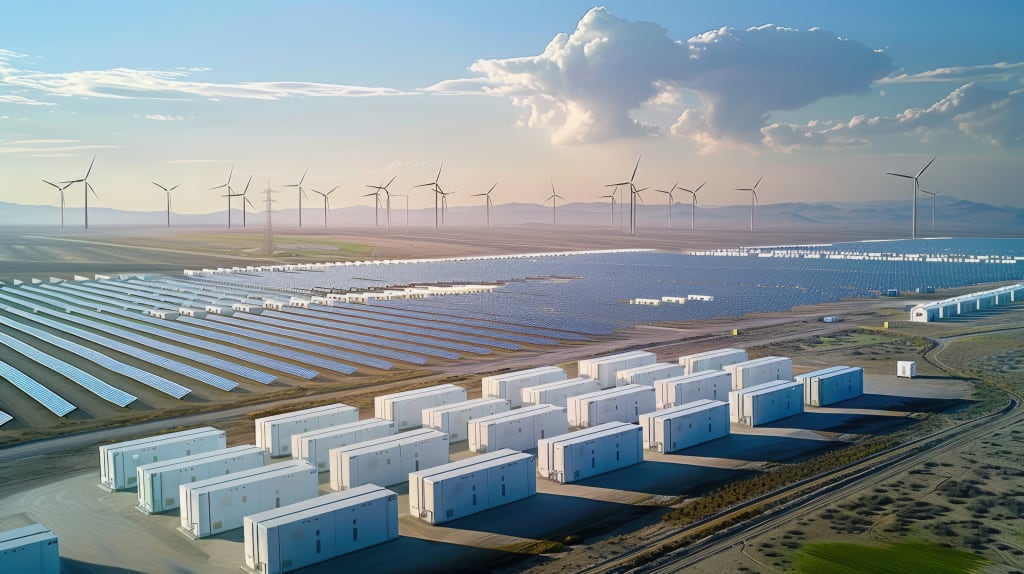Since 2022, various provinces in China have gradually introduced policies requiring renewable energy projects to include energy storage systems as a necessary step for grid connection. To date, over 20 provinces have issued policies mandating that renewable energy projects allocate 10% to 20% of their capacity to energy storage systems, with storage durations typically ranging from 1 to 4 hours. These requirements are considered prerequisites for project approval and grid connection.

Growth in the BESS market accompanied by challenges
These requirements have contributed to the growth of China’s energy storage market and have helped alleviate issues related to the curtailment of renewable energy. However, the mandates have also presented challenges. Firstly, they have increased operational costs for power plants, and many renewable energy companies have reported low utilisation rates of their energy storage systems. Additionally, the proliferation of small, dispersed BESS stations has made grid management more complex. In response, over the first quarter of 2024, the National Energy Administration set a clear goal to improve BESS utilisation, and various provinces and departments have since implemented a range of measures.
The emergence of BESS leasing
Although the requirement for energy storage systems in renewable energy projects has not been abandoned, an increasing number of provinces are allowing renewable energy companies to meet storage requirements through a leasing system. For instance, …
For full access to our news and insights, log in to our Membership Platform
If you’re not yet a member and would like a trial, fill in the form below.

 Back to News
Back to News